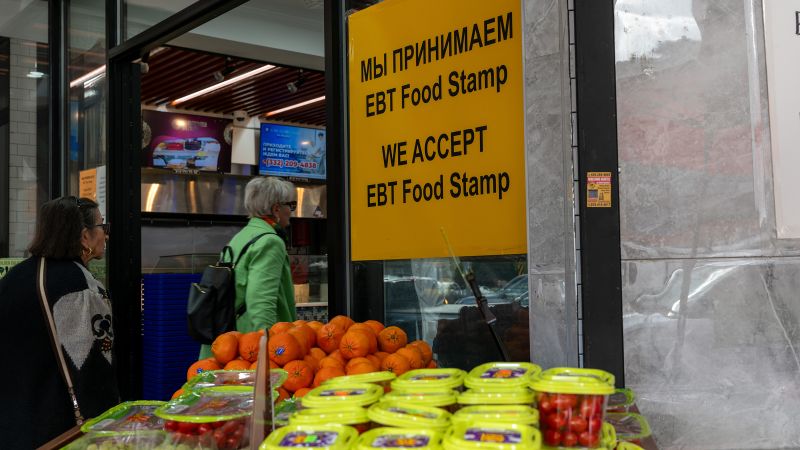
Trump Administration Cancels Annual Food Insecurity Report
Politics | 9/21/2025
The Trump administration has decided to cancel the annual report on food insecurity in the United States, citing reasons of redundancy, cost, and political entanglement. The administration labeled the report as “extraneous” and accused it of fostering unnecessary fear. This move comes in the wake of significant cuts to the nation’s safety net programs implemented by the administration. The decision to terminate the report has sparked concerns among experts and advocates in the field of food security and poverty alleviation.
The annual hunger report, which has been a longstanding tool for assessing food insecurity across the country, will no longer be published by the federal government. Critics argue that this decision could hinder efforts to address hunger and poverty effectively, as the report provided valuable data and insights for policymakers and organizations working in this space. The cancellation of the report raises questions about the administration’s commitment to addressing issues of food insecurity and poverty within the United States.
In response to the administration’s decision, a spokesperson for a leading anti-hunger organization expressed disappointment, stating, “The annual hunger report was a vital resource that helped guide our efforts in combating food insecurity. Its cancellation is a significant setback in our mission to ensure all Americans have access to an adequate and nutritious diet.” The move to cancel the report has underscored the ongoing debate surrounding the administration’s approach to social welfare programs and its impact on vulnerable populations.
The Trump administration’s decision to end the annual hunger report comes amid a broader context of policy changes aimed at reducing federal assistance programs and reshaping the social safety net. Critics argue that these cuts could exacerbate issues of hunger and poverty in the country, while supporters assert that restructuring these programs is necessary for fiscal responsibility and efficiency. The cancellation of the hunger report represents a significant development in the ongoing discourse surrounding food insecurity and government intervention in social welfare initiatives.
As stakeholders and policymakers grapple with the implications of the Trump administration’s decision to cancel the annual hunger report, the future of monitoring and addressing food insecurity in the United States remains uncertain. The absence of this key report raises concerns about the transparency and accountability of efforts to combat hunger and poverty, signaling a potential shift in the administration’s approach to social welfare policy.


